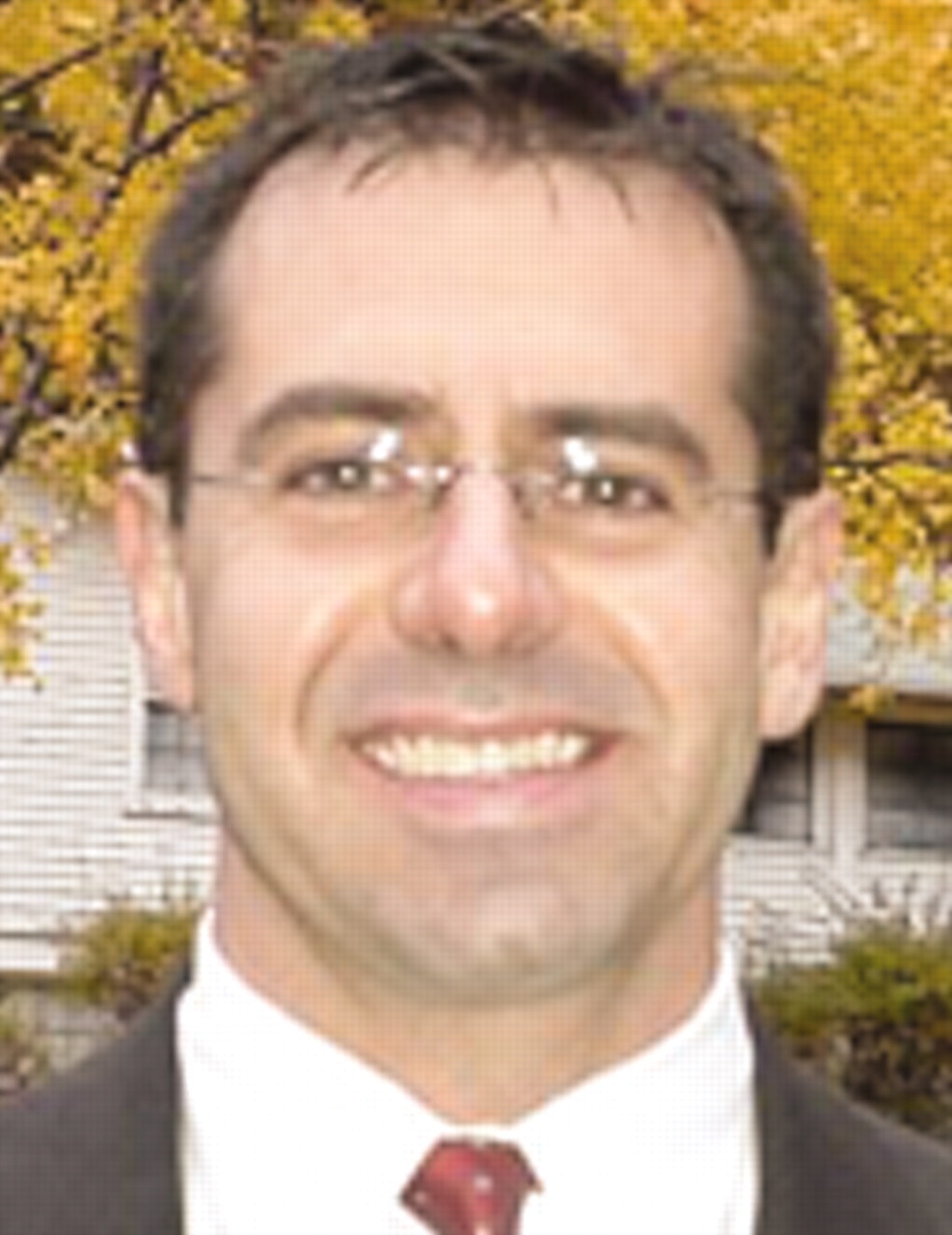APA President Paul Appelbaum, M.D.’s prediction has already come true in Virginia. In his annual meeting address last May, Dr. Appelbaum warned of the impending crisis in mental health care funding. Well, the crisis has reached our doorstep, found the door unlocked, and is slipping into the lives of our patients and their families.
Even in a state facing a $1.5 billion budget shortfall, essential care for persons with severe and persistent mental illness must not be cut. The budget for Virginia’s inpatient and outpatient state mental health service must be supported at realistic levels. Medicaid funding vital to the mentally ill must not be cut.
What needs to happen immediately in Virginia, and other states facing the same threats to mental health care for the neediest and sickest, is that state lawmakers must pass a bill establishing true parity, which cannot be changed based on revenues, to meet the moral obligation to treat severely mentally ill patients.
Over the decades and escalating over recent years, states have cut overall budgets by providing less psychiatric care for the mentally ill.
There is a solution to raise revenue for psychiatric care—the tobacco tax and alcohol tax. With such taxes, not only will state revenues increase, but adult, and especially youth, tobacco and alcohol use will decrease. Taxation is an evidence-based prevention tool.
In mid-October, Virginia cut the budget of the community mental health system by 10 percent, seriously damaging the system’s safety net.
In addition, a 15 percent budget cut in what was labeled “nondirect care” was imposed on our state psychiatric facilities, even though state hospitals are a treatment lifeline for many. This 15 percent cut is on top of previous 4 percent reductions defined as “executive management savings” over the past two years.
Medicaid is also on the chopping block.
Clear and present danger exists for additional cuts in the next months. Almost all of these cuts were made necessary by the previous governor’s promise to slash the state’s unpopular personal property tax on cars, which had brought the state substantial revenues. Embarrassingly, Virginia, a relatively affluent state, ranks 47th nationally in spending for mental health, mental retardation, and substance abuse services.
A civilized and just society is obligated to care for its members who suffer from severe mental illness. Systematic defunding for any reason, including paying for car-tax cuts, is a retreat from responsibility. A 2001 report by the Bazelon Center for Mental Health Law showed that “our states now spend 30 percent less on mental health care, adjusted for inflation, than they did in 1955.”
Homelessness and incarceration of the mentally ill are tragic; marginalization and stigmatization are national disgraces. If this and other states cut mental health services further, there will be massive suffering that includes additional homelessness, increased safety concerns for communities, inappropriate “transinstutionalization” of patients with ill persons going to jails and prisons instead of hospitals or clinics, increased burden on emergency rooms and the private sector, and an additional burden on families of people with mental illness.
Persons with schizophrenia, bipolar disorder, and other mental illnesses should not have their very lives compromised to pay for a politically popular tax refund. There is a solution. This is an opportunity for political leadership, as well as medical leadership. Here are my suggestions for Virginia, and I am sure they can be applied in other states as well:
• Advocacy: Heed Dr. Appelbaum’s call that “those of us who are aware of the problem have a responsibility to sound the alarm.”
• “A dollar a pack” and “save the kids” taxes: Tobacco taxation will increase revenues and decrease adult use and the number of youth who begin to smoke. Virginia currently has the lowest excise cigarette tax in the nation at 2.5 cents per pack, which has not changed in 35 years. A dollar a pack would generate nearly $700 million. Youth smoking would decrease by an estimated 12.2 percent, or 51,200 children. Virginia would have $959 million in lifetime health savings. Even before the announcement of severe budget cuts, an August poll showed 67 percent of Virginia voters supported a 60-cent per pack increase in the state’s tobacco tax as part of an effort to reduce tobacco use and address the state’s budget deficit.
• Increased alcohol taxes: World Health Organization studies have also shown that taxing alcohol provides revenue, decreases adult alcohol use, and significantly decreases alcohol use and abuse by children and teenagers.
• A policy change is warranted. Virginia should pass a law for the future that says in times of revenue shortfall, state funding for mental health will not be cut.
Cutting psychiatric services is an ethical offense: Reinstate state funding needed to provide adequate treatment for Virginia’s mentally ill residents. ▪

